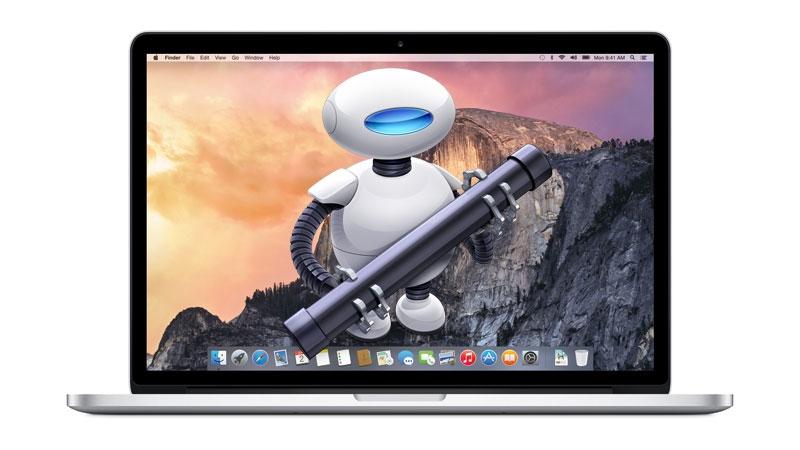Telefónica has experienced one of its worst stock market days since COVID after Vodafone’s announcement confirming that its main customer in Germany will switch to using the British operator’s mobile network. To put it in context, it is as if Digi changed its network provider in Spain and instead of Telefónica used Vodafone or Orange.
The Spanish operator has lost more than 7% on the stock market, evaporating close to 1,500 million euros of capitalization in just one session. The reason is the loss of 1&1 as a wholesale customer, which implies a decrease of more than 40% in the free cash flow of the German subsidiary. Bearing in mind that Germany accounted for 18% of the operator’s total revenue in the first half of the year, the loss of this contract represents a setback that will have a negative impact in the coming years.
After the rapid collapse on the stock market, the operator published a brief statement to try to “stop the bleeding” confirming that the contract between the two companies expires on June 30, 2025. It also confirmed the income guide for this year and the dividend, but the market was not enough. Investors know that the loss of a client that accounts for almost half of the box is a major setback, especially since it is also going to cause a real tsunami in the country. In fact, when the news broke, Deutsche Telekom also reacted with falls of more than 2%.
Vodafone wounded is dangerous
The British operator has fallen more than 14% on the stock market throughout 2023, but accumulates a decrease of 60% in the last five years. This means that the telecom run since January by Margherita della Valle needs a boost in the markets where it operates and that implies that it could become aggressive, further eroding the margins of a sector that is clearly deflationary. The agreement with 1&1 is an example of this that will not only have consequences for Telefónica, the incumbent German operator will also have to compete with other wholesale contracts, further stressing the market. With this scenario, the German subsidiary of Telefónica led by Markus Haas needs a “plan B” to recover half of the box that it has just lost. It is true that O2 will save in capex (network investment), energy and structure, but the reality is that today the German market may no longer be strategic for Telefónica .
.
Why didn’t you buy Telefónica 1&1?
Sources in the sector agree that the operator could have undertaken this operation to prevent a competitor like Vodafone from taking the client after three years of the contract in force. Obviously, a major M&A (Mergers and Acquisitions) operation is going to have a notable impact on a company like Telefónica that still has a lot of debt, but the market always ends up rewarding when the operation makes sense.
To give an example, in September 2022 Adobe confirmed the purchase of Figma for 20,000 million and the market punished the company with a 17% drop. Months later the stock has recouped everything lost and now Adobe is stronger than before with a new companion company within its perimeter. There are many examples like this, also in the telecommunications sector, but in retrospect it is always easier to see the business.
Throughout today it is expected that Telefónica will provide more details on the impact of said operation in Germany. It will be necessary to see if the market has already discounted Vodafone’s movement or if, on the contrary, the price of the Spanish operator decides to visit the February lows.














